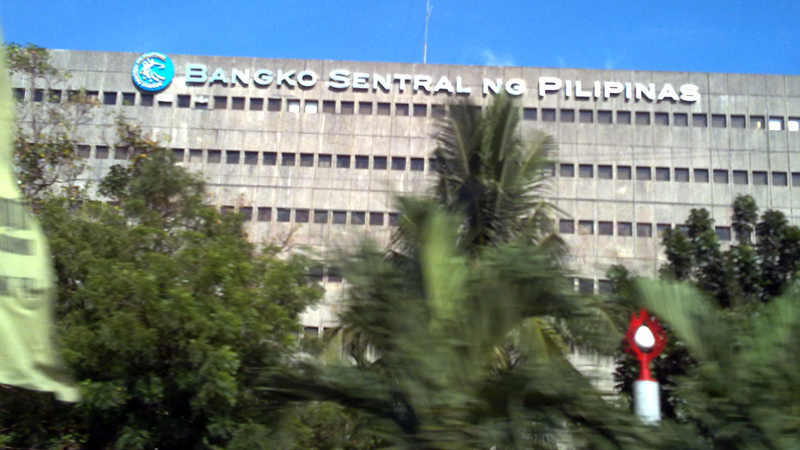
The Bamgko Sentral ng Pilipinas (BSP) is keeping a finger on the trigger amid the expected landfall this weekend of Typhoon “Ruby”, fearing a buildup of price pressures as a result of damage similar to that dealt by “Yolanda” last year.
As the rate of price increases in November slowed to its lowest in a year, BSP Governor Amando M. Tetangco Jr. said this year’s inflation target was all but secured.
Prospects for inflation next year are less so, however, amid a possible rebound in international oil prices, which have fallen by about 30 percent.
Complicating matters are the expected effects of a new typhoon that threatens to hit the same areas devastated by Yolanda last year. Another possibility, according to forecasts, is a direct hit to Metro Manila, which could further choke the country’s already-congested supply chains that revolve around the capital.
Inflation for November was slower than expected at 3.7 percent from October’s 4.3 percent. An Inquirer poll of banks had November price increases at an average 4 percent.
“This makes us poised to meet the 2014 target,” Tetangco said in a statement after the data was released. For 2014, monetary authorities have an inflation target of 3 to 5 percent.
“With lower international oil prices and a firmer peso, we are likely to see continued manageable inflation,” he said.
Tetangco said there were concerns over what direction oil prices might tread as they recover from current lows. He said these might result in volatility in international commodity prices that could affect inflation locally.
“On the domestic front, we will monitor how these global devel opments will affect domestic growth prospects and inflation,” he said.
Next year, the BSP’s inflation target is set at a lower range of 2 to 4 percent.
“We will adjust the stance of policy as necessary to respond to the emerging balance of risks to inflation,” Tetangco said.
The BSP paused in tightening monetary policy settings last October as inflation eased and liquidity growth slowed. Early this year, banks were told to increase the amount of clients’ deposits set aside as reserves, while yields on special deposit accounts (SDA) were raised to encourage banks to keep more cash idle in BSP vaults.
Benchmark overnight borrowing and lending rates were also raised from record lows as the BSP sought to cool lending expansion.

